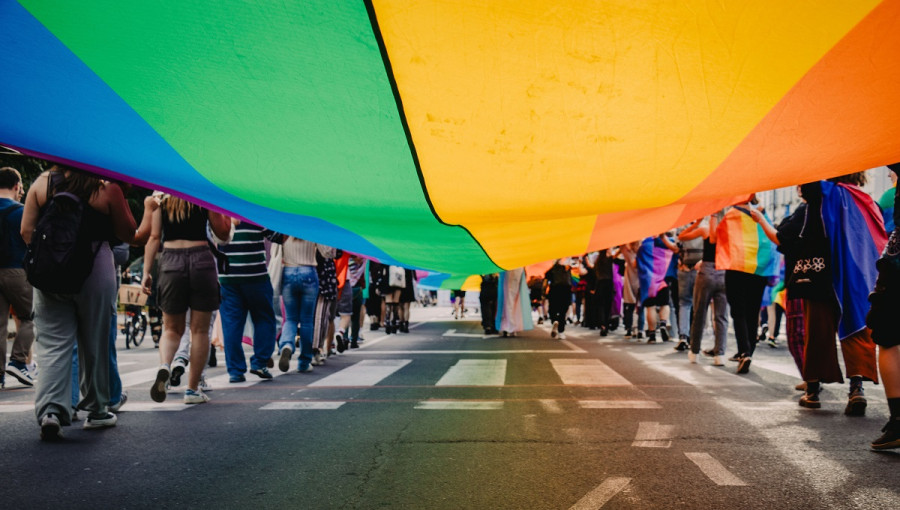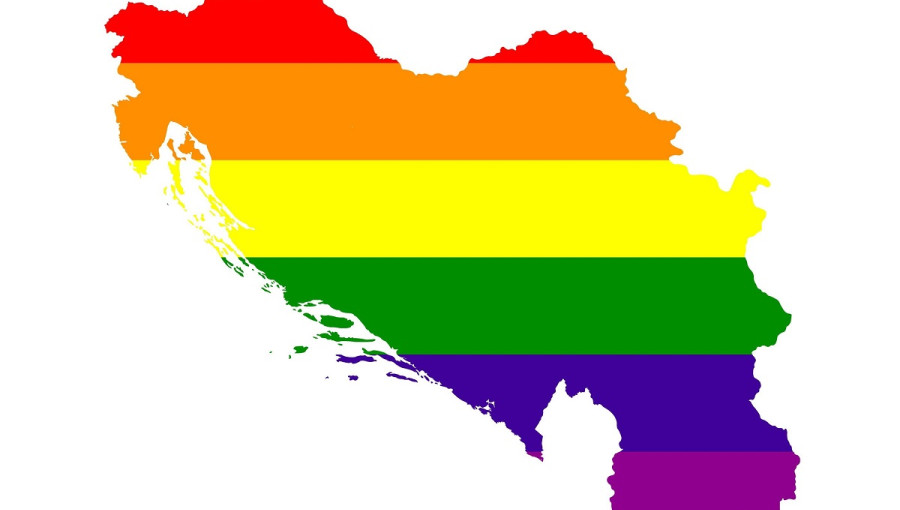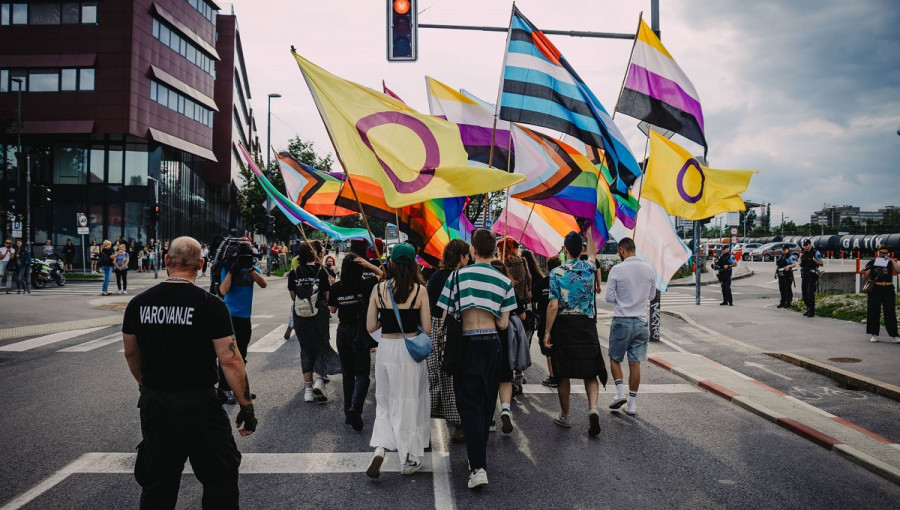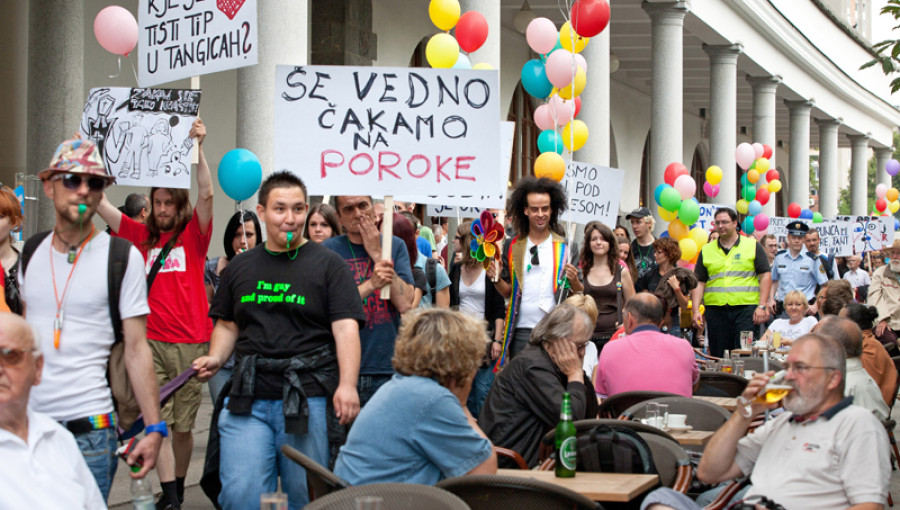History of the LGBTQI+ movement in Ljubljana and Slovenia

The beginnings of the organised LGBTQI+ movement
In 2024, the LGBTQI+ movement in Slovenia celebrates its 40th anniversary. The organised LGBT movement in Slovenia started back in the 1980s, specifically in December 1984, when the first founding meeting of the Magnus section, which operated within the then ŠKUC (Student Cultural Centre) forum and was the first gay organization in the former socialist states, took place. The creation of the section followed the Magnus Festival: "Homosexuality and Culture" in April, during which many LGBT-themed events took place (opening of an exhibition of homosexual printed media, screenings of films...) (Velikonja, 20 Years of the Gay and Lesbian Movement 2004).

In the former Yugoslavia, like today, the club scene was an important part of the LGBT movement, as every Saturday evening the FV discotheque turned into the MagnusGayClub, which was the only organised form of social life for gay people in the former socialist states. Magnus was mostly made up of gay men, so a year later the feminist initiative named Lilit was established, within which the lesbian section LL was formed in 1987. It became an independent organisation a year later and came to life under the auspices of the ŠKUC forum. (Velikonja, 20 Years of the Gay and Lesbian Movement 2004)
Over the years, these organizations have left a strong mark in the cultural and literary fields, as well as in the field of HIV prevention awareness, social life, and initiatives for coming together in safe spaces, while also addressing political decision-makers and experts through various campaigns. (Velikonja, 20 Years of the Gay and Lesbian Movement 2004).

Scandal in the Galerija bar, protest drinking of Radenska, and the first parade in Ljubljana
Despite the fact that a fairly strong and progressive movement was already formed in the early 80s, Slovenia did not experience its first pride parade until the new millennium.
In 2001, two poets, Brane Mozetič and Jean Paul Daoustu, tried to enter the Galerija bar in Ljubljana. The doorman denied them entry to the bar with the words, "You should get used to the fact that the bar is no longer for your kind of people" (Velikonja and Greif 2012, 209). The bar was located in the City Gallery, which was owned by the Municipality of Ljubljana. After the incident, the LGBT community demanded that the state authorities react to intolerance and that they condemn the bar and the conduct of the doorman, whose actions were also supported by the owner of the bar.

Following this, the LGBT community and activists organised a protest drinking Radenska mineral water, which took place on the next few Fridays. The protesters who participated ordered only Radenska mineral water at the bar, occupied as many free tables as possible, and took an extremely long time to drink, thereby reducing the owner's profit. (Velikonja and Greif 2012, 209).
Activists started organizing the first spontaneous pride parade in Slovenia called "Bypass intolerance - march against homophobia".
